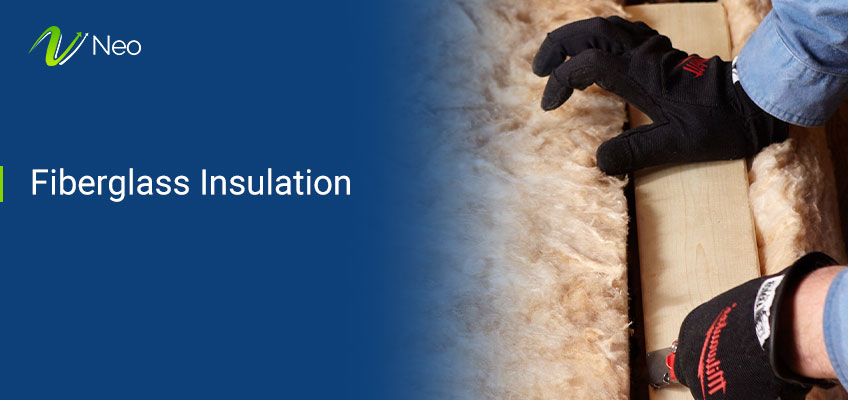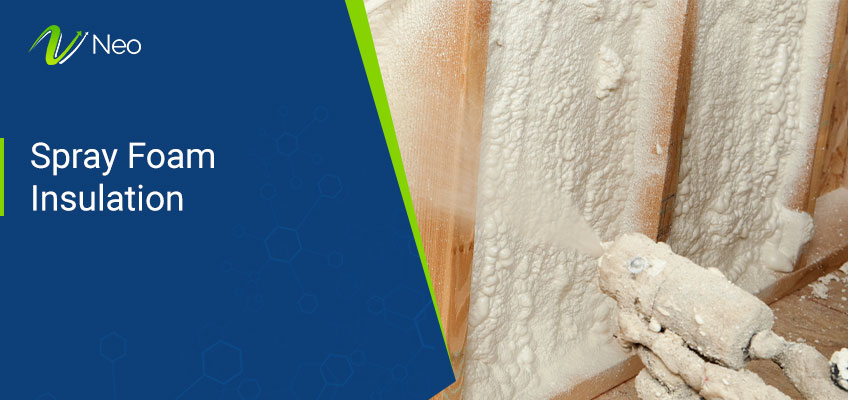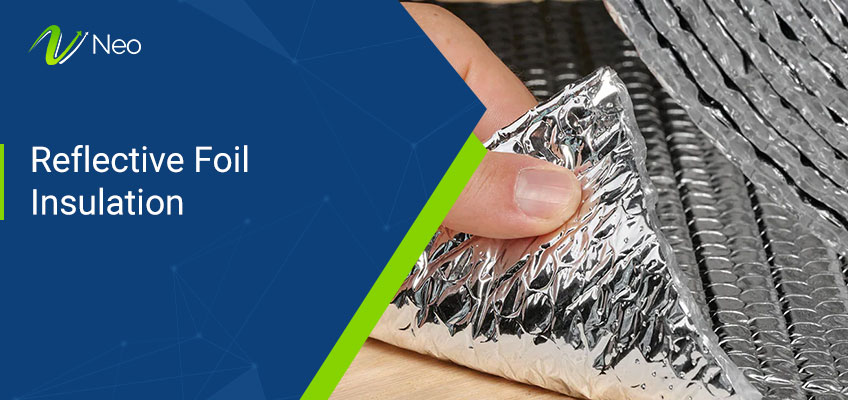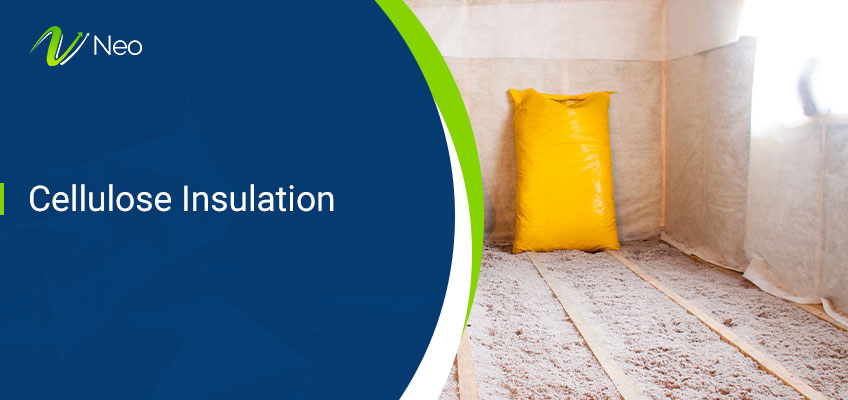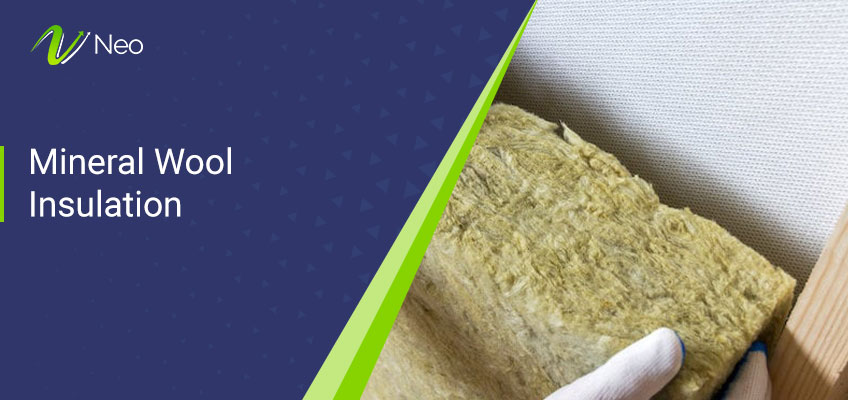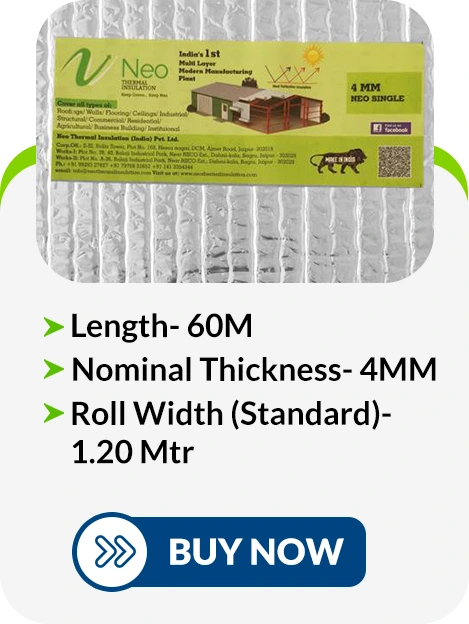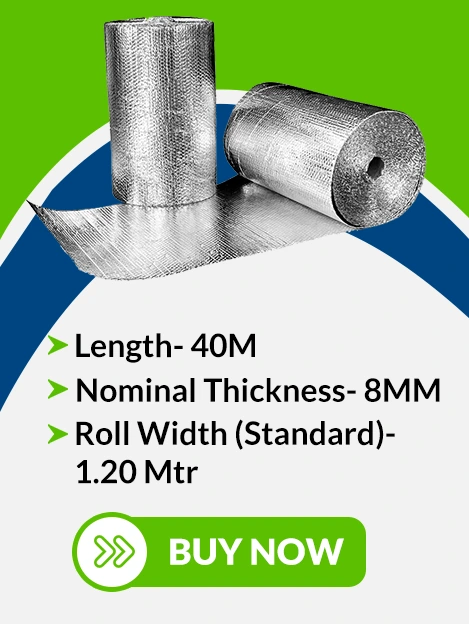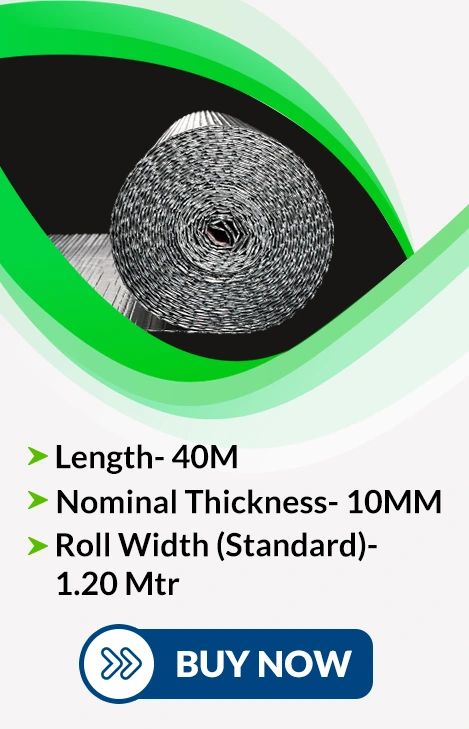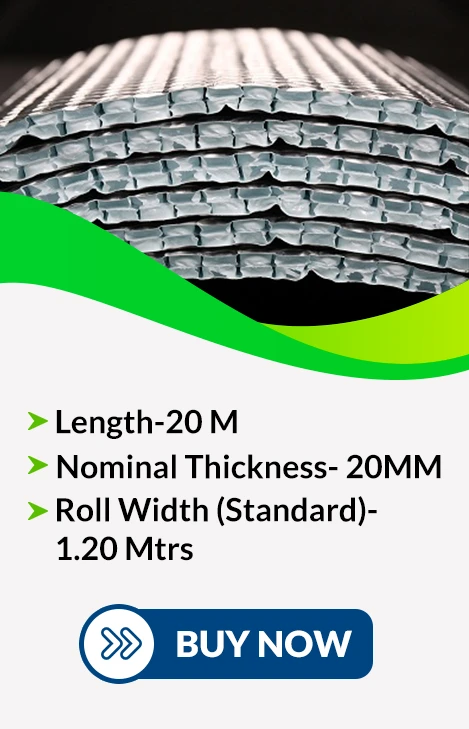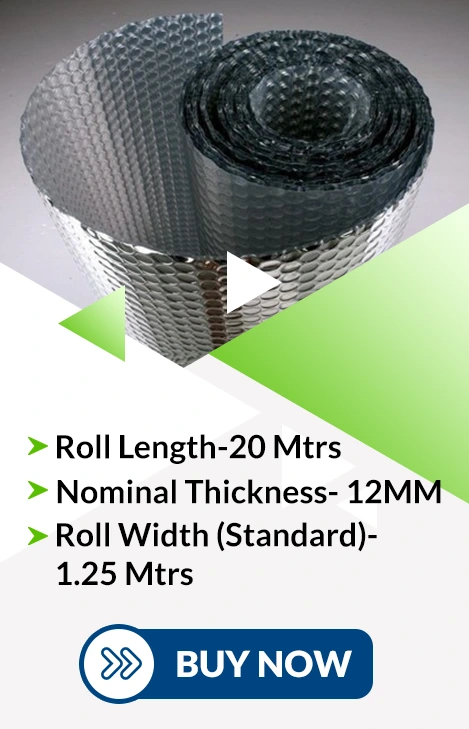Types of Warehouse Insulation Materials: Which is the Best for Your Space
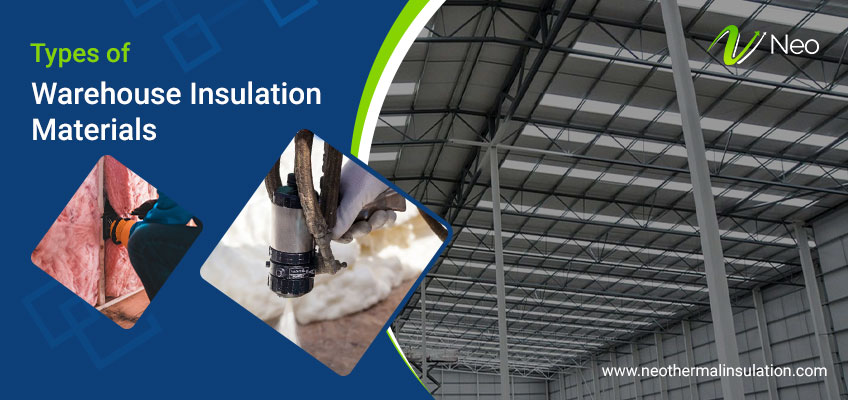
Warehouses are the fortresses of commodities in a wide range of commercial entities and industrial places. These spaces need to be adequately insulated as they protect important items and goods. Warehouse insulation is more than just a cooling system. It is about maintaining the quality of commodities, improving energy economies, and developing a conducive setting for employees.
This blog is about the types of insulation used in a warehouse, helping people make the right decision about the kind of insulators to install. We will look at the pros and cons of traditional fiberglass, eco-friendly cellulose, reflective foil, high-performing spray foam and versatile mineral wool. You will go away with an opinion of what type of insulating material will suit your warehouse better. Your warehouse will remain a haven of safety, productivity, and comfort.
What is Warehouse Insulation?
Insulation in a warehouse is one factor that should be observed to achieve control and constant conditions in a storage centre. This is the process that entails using some insulating materials on storehouses and roofs to control the temperature so as not to harm commodities. The purpose of warehouse insulations is to protect against the surrounding temperatures’ fluctuations, thereby allowing for constant conditions within the building.
Additionally, it helps a lot with reducing energy expenditures as well as avoiding issues such as condensation, whose results may include the destruction of goods that are being preserved. It also builds a conducive and safe working space for workers hence promoting high-level production in the workplace.
Why do you need Warehouse Insulation?
We need insulation, especially for the warehouse, due to some reasons. It also plays a significant role in saving energy by keeping a constant temperature inside despite variable outside conditions. For instance, this helps in reducing the cost of continuously maintaining such facilities as heating and cooling systems used by those industries storing perishable items, thus saving energy and money.
Protect Your Goods With Proper Warehouse Insulation!
Warehouse insulation also helps save costs by protecting your inventories. The products, equipment, and machines are protected from damage by acting as a barrier to very high and low temperatures and humidities. Insulation is important in safeguarding items that may be damaged by temperature changes like perishable goods, chemicals, and electronics.
Additionally, the insulation warehouse prevents condensation that results in corrosion, mold growth, and possible structural damage to the warehouse. Warehouse Insulation helps to extend the life span of your products and building by reducing moisture-related issues.
Read Also: Types of Materials for Sound Insulation for buildings
Also, another benefit that comes with it is boosting of comfortability and safety in employees. Insulation is a way of reducing the risk associated with temperatures being too hot or very cold, as well as slippery surfaces that can result in a range of accidents. It keeps the labor force operating efficiently and on board as well as your business success.
Different Types of Warehouse Insulation
1. Fiberglass Insulation
One of the common materials when it comes to warehouse insulation is fibreglass insulation. The device is inexpensive, readily accessible, and simple to install. Fiberglass has roll, batt, or blowing type and it is used on walls, ceilings, and floors. It offers great thermal resistance and is non-inflammable hence safe for use in industrial facilities.
2. Spray Foam Insulation
High-performing warehouses can choose to spray foam insulation. Its design makes it a perfect air-tight fit, sealing the smallest of spaces and fissures. The thermal resistance of spray foam insulation makes it an appropriate option when energy efficiency is necessary. It is however more costly compared to other insulations.
3. Reflective Foil Insulation
The most common type of reflective is foil insulation which is constructed using several pieces of layered foil with a sheet of plastic. The design of this material is such that it reflects the heat. This makes it a good option for use in warehouses under hot weather conditions. Such insulation can be placed into walls and on ceilings to mitigate summertime heat gain and to ensure a pleasant ambient atmosphere inside.
4. Cellulose Insulation
As a green option, cellulose insulation consists of reprocessed papers. This offers a good thermal performance when blown through the walls or attics. Therefore, cellulose insulation treated to be fire-resistant and pest-resistant has proved to be an effective solution for Warehouse Insulation.
5. Mineral Wool Insulation
Rock wool and slag wool are types of mineral wool insulation, which are regarded as being highly resistant to combustion. In addition, it performs good acoustic and thermal insulation materials. Minerals wool is widely used in industries that require high efficiencies and safety issues taken into account.
Insulation for warehouses: Which one is right for you?
The most suitable insulation for your warehouse is dependent on several issues such as the available funding, climatic conditions, and warehouse requirements.
Fiberglass is a good cheaper option if it is what you want. It’s cheap and reliable as far as thermal resistance goes. However, this might not be a good option for those who need high airtightness levels.
However, spray foam insulation is more energy efficient but costly for maximum energy efficacy and air tightness.
Using reflective foil insulation is ideal for when trying to minimize radiant heat gains, especially in a hot environment. The system can aid in keeping warm temperatures in the facility.
One can opt for cellulose insulation for sustainability issues to matter. Moreover, it is produced from recycled waste, which makes it environmentally friendly with excellent heating characteristics.
Mineral wool insulation gives an option for being both thermally insulating and soundproof at the same time. This is particularly critical in an industrial setting, especially when safety is of utmost importance. It is vital to approach professional insulations that will carry out an appropriate analysis of the unique requirements of your warehouse before recommending the ideal type of insulation for you.
Why Choose Neo Thermal For Warehouse Insulation Installation?
Neo Thermal Insulation has strong credibility as a reputable brand when it comes to warehouse insulation installation. Their staff is very experienced in determining and solving special insulating needs of warehouses and industrial objects. They know it is important for keeping your stored goods intact and for being energy efficient, they therefore appreciate choosing the right kind of insulation and installation.
Keep Your Goods Safe with Warehouse Insulation!
Choosing Neo Thermal ensures that only the best quality and efficient work is delivered in your warehouse insulation installation. In partnership with you, they establish an appropriate insulating material to meet your particular climate, demands and budget. They make sure that the project meets the best professional standards possible thus reducing your operating costs in the future.
Neo Thermal has all types of insulations including fibreglass, spray foam, reflective foil, cellulose, and mineral wool suitable for any job. They provide superior insulation services for the protection of your commodities, workplace comfort, and productivity enhancement.
Conclusion
The importance of warehouse insulation as part of ensuring consistent ambient conditions in warehousing facilities cannot be overstated. This will reduce energy costs, protect inventory, prevent condensation-related problems at the site and ensure employee comfort and safety.
It is important to choose an appropriate insulation material, depending on aspects like climate, money, and conditions. Different types of insulation consider issues such as cost-effectiveness, energy efficiency, sustainability and sound proofing etc.
Consulting insulation professionals will help you choose a suitable material for the environment, making sure it is efficiently installed. Warehouse insulation pays for itself since it saves money, as well as preserves the value you put into your products/assets.
Frequently Asked Questions
1. What is Warehouse Insulation?
warehouse insulation is installing products that will regulate temperature and other conditions in a stockroom. The insulating capability of this layer of cells helps safeguard the inside of the house from variations in external temperatures and keeps the interior environment in balance.
2. Why do warehouses need to be insulated?
Insulation regulates the temperature, protects the inventory, reduces energy costs, and makes working in warehouses comfortable. It also insulates against temperature variations leading to safe handling and movement of goods, improved security, reduced loss, and savings on energy costs.
3. What are the benefits of Warehouse Insulation?
With the warehouse insulation energy costs are lowered, products are protected against fluctuations in temperatures, condensation damages are avoided, employee comfort is ensured, and safe working conditions are promoted when there is insulation of the warehouse. This explains why warehouse insulation is of great importance.
4. What is the Best Insulation for a Warehouse?
The best insulation for a warehouse depends on factors like budget, climate, and specific needs. Options include fibreglass, spray foam, reflective foil, cellulose, and mineral wool. The choice should align with your unique requirements for cost-effectiveness, energy efficiency, sustainability, or soundproofing.
